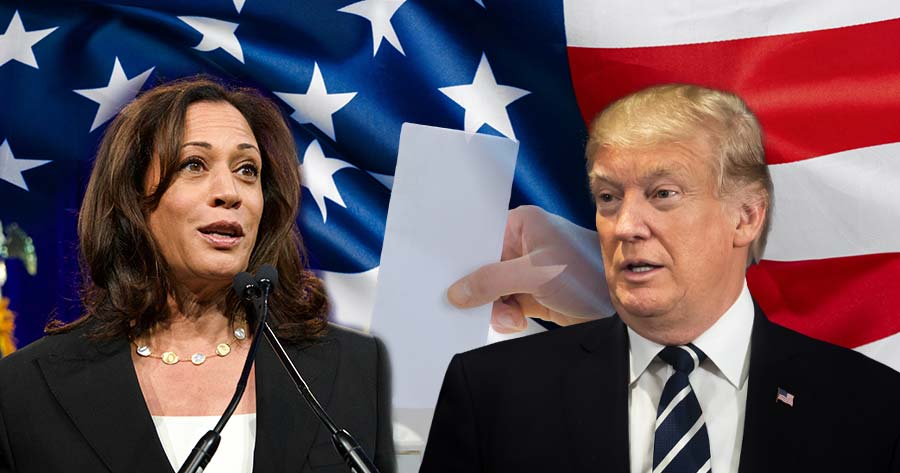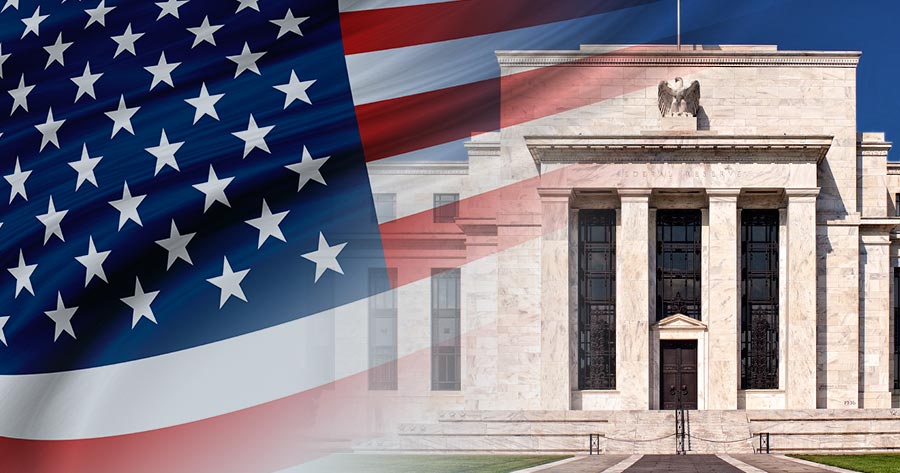The first presidential debate for the 2024 election between Donald Trump and Kamala Harris was carried out today. Kamala Harris, the Democratic candidate, faced former President Donald Trump on a variety of concerns. The debate was hosted in Philadelphia by ABC News – below is our brief summary and takeaway:
The debate started off on the topic of the American economy. Trump remained firm with his stance on higher tariffs and promised to make tax cuts he pushed in 2017 indefinite, as well as further cut off corporate income tax to 20% and 15% for domestic manufacturers. Social Security and tips earned would also be exempted from tax computation.
Trump strongly claimed that there was “virtually no inflation” during his previous presidency and criticized Biden’s administration for the regression.
Harris, in other ways, focused on household benefits: promising an increment in child tax credit as well as $6,000 credit to be added for newborns; a $25,000 tax credit for first-time home buyers; more tax deduction for small start-ups up to $50,000.
Ensuingly, the debate turned to the issue of abortion rights. Trump said that he would now make exceptions for cases of rape, incest and life-threatening situation, and claimed that the subject will be voted by individual state as opposed to the federal government.
Harris commented on the fact that Trump had deliberately nominated three Supreme Court judges to make abortion illegal. Harris argued that the right to an abortion is a matter of individuals to which the government should not have the authority to dictate. Harris also voiced that “One does not have to abandon their faith or deeply held belief to agree” on the foregoing.
On top of that, Harris also pledged that she will “proudly sign it into law” should the Congress put into effect the protections of Roe v Wade – a decision made by the US Supreme Court which ruled that the US Constitution protects the right to have an abortion.
The debate then turned to immigration. Harris started off by blaming Trump for failure of bipartisan legislation due to his lobbying of the Republicans, stating Trump would rather run on the problem instead of fixing it. Trump, in contrast, made an inflammatory claim that Biden’s administration allowing migrants from certain regions to come in with utmost leniency had fashioned a terrible episode for the US.
In regard to China, Trump, besides his tariffs policies, suggested that the US phase out Chinese imports which include electronics, steel and pharmaceuticals. He also proposed to forbid Chinese corporations from ownership of real estate and infrastructure in the US energy and technology sectors.
Harris contended that the US trade deficit with China in 2023 was $279 billion, the lowest in the past decade and accused Trump of allowing computer chips to be sold to China, allowing the Chinese military to catch up. Trump responded that the US rarely produces chips and China has been buying them from Taiwan.
Harris, contrary to her statement in 2019, said she will no longer ban fracking on federal lands – a frequently brought up point by Trump. It should also be taken into account that the debate was held in Pennsylvania, the second-largest producer of natural gas in the United States.
On Russia and Ukraine, Harris seems to carry on with the Biden approach towards Ukraine, boasting the unbroken American support:
“Because of our support, because of the air defense, the ammunition, the artillery, the javelins, the Abrams tanks that we have provided, Ukraine stands as an independent and free country,” said Harris.
Trump, on the other hand, did not voice his opinion when asked whether he wants Ukraine to win and replied he only wants the war to stop and save lives. He also complained that the US is sending exorbitant amounts of financial aid to Ukraine more than Europe.
Last but not least, healthcare insurance has been brought up where Trump claimed Obamacare as a failed system that he would work with until a better option occurs during his administration. However, he did not provide any outline for the solution.
Harris said healthcare should be accessible by right instead of privilege for those who could afford to do so.





